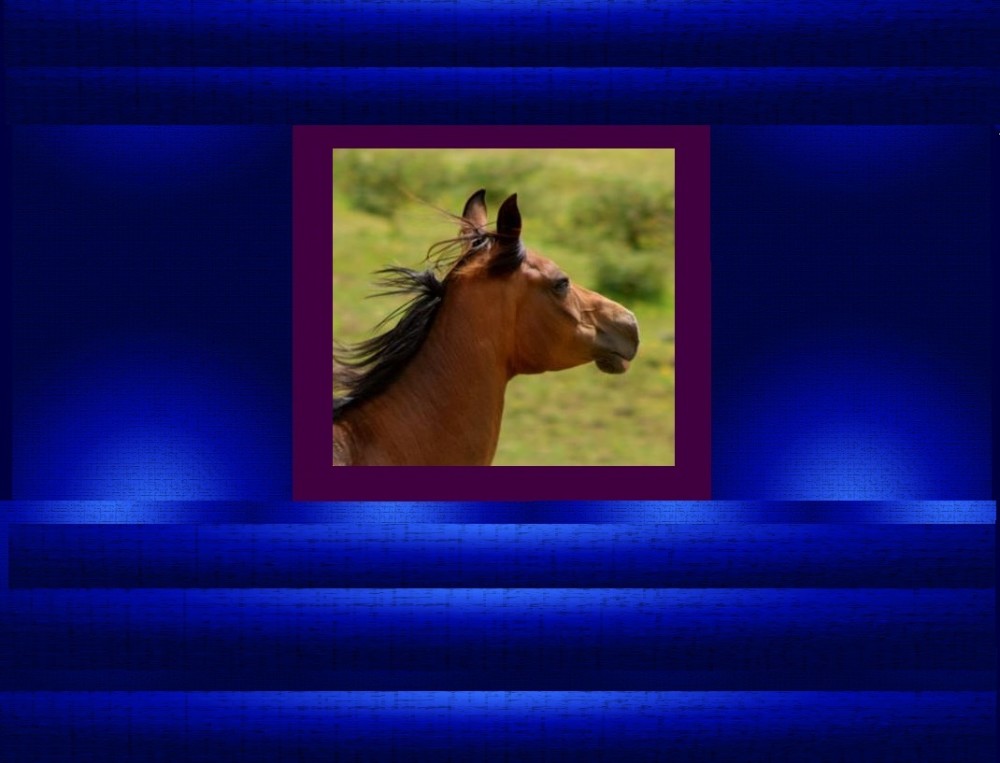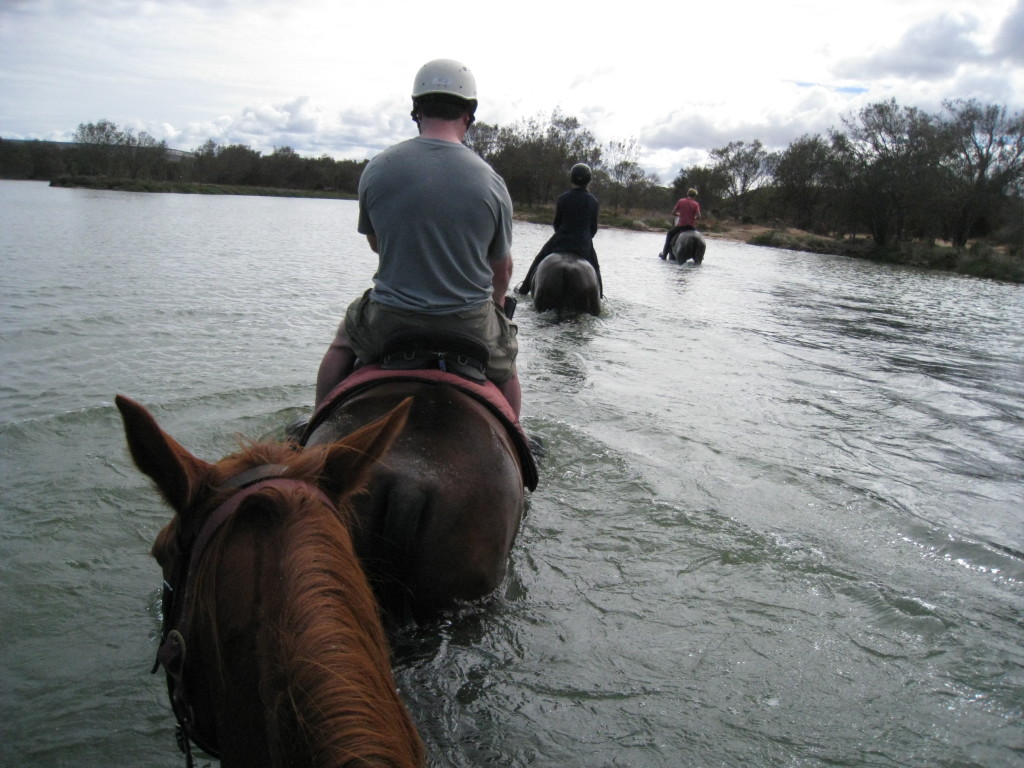What makes a horse dangerous? I would argue that all horses are dangerous to be around.
According to The Horse.com:
A Cambridge University study surveyed 1,000 riding accident hospital admissions. It showed these relationships between hours in the saddle and falls causing injury.
- One injury for 100 hours of leisure riding;
- One injury for five hours for amateur racing over jumps;
- One injury for one hour of cross-country eventing.
Studies have shown that most people who are injured by horses have the accidents occur with well-trained horses.
In my own personal experience, I’ve seen people do things with their sweet, mellow, well-trained, bomb-proof horses that no one would ever dream of doing with high-strung, hot blooded horses. Yet ironically, because people are lulled into complacence with their well-behaved horses, these are the horses that cause the most injuries. Because, get this people, they’re still horses and all horses are dangerous. The difference is that everyone knows the “other” horses are dangerous. Even a person who has never been around horses can see that a horse running around snorting with his head in the air might trample over you. But the horse standing dozing in the aisleway seems more innocuous.
The rules that apply to my horses apply to yours as well. Never wrap a lead around your hand or any part of your body. Stay close to the horse’s body when going around the hind end so any kick will be less forceful. Always let the horse know you are approaching. Never lay down on a horse’s back or sit backwards. Don’t ever go underneath a horse’s belly or through his legs; that’s just stupid. The best, most considerate horse is never going to remember you’re under there if a ceiling tile falls onto his head. Besides, that’s how people get pooped on.
Swimming with horses or falling under their legs in the water is a common way of getting injured. Another common way to have a leg broken while riding is if the horse in front kicks and hits the person riding behind.
Before you give up on your atypical, “square” horse, bear in mind the following:
- All horses are dangerous.
- A horse exhibiting dangerous behaviors has a reason for these behaviors that you may be able to discover and eliminate.
- Unless the reason for the behaviors is absolutely unfixable, eliminating the source along with time and consistent handling will reduce or eliminate the behavior.
- All horses will rear, kick, bite or buck with the right provocation.
- Your lack of knowledge, experience and your fears are all things that can be overcome.
- Ideals are only worthwhile if they work for this horse and this handler.
- Your safety always comes before the safety of the horse, but the fact that you are afraid of a horse does not mean he is unsafe to handle.
- Some things are not overcome in days or months, but in years.
- Your goals are not more important than giving an animal that you have claimed responsibility for a good quality of life.
“That horse is dangerous!” Yes, all horses are. But if you keep working with a difficult horse, he will teach you things about horses that you could never learn otherwise.

